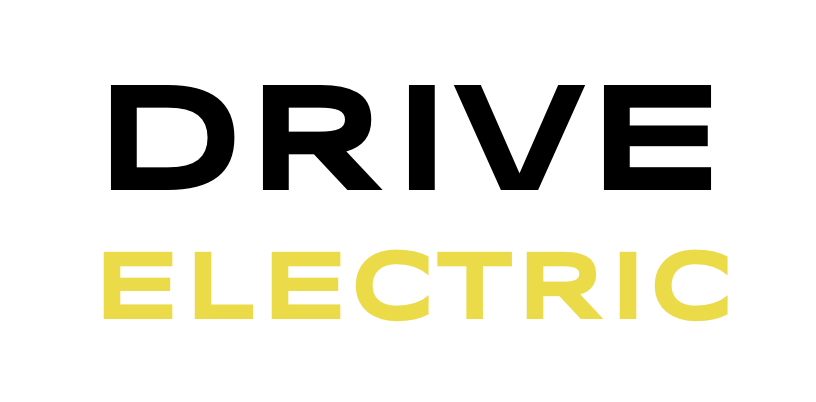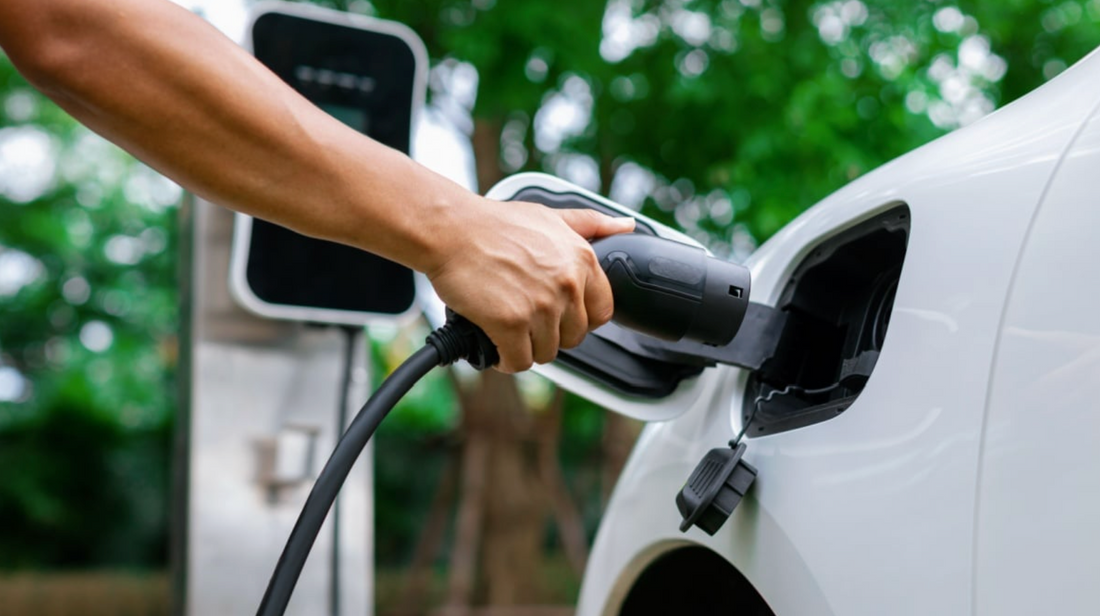In October 2025, the cost of grid electricity needed to run an electric vehicle (EV) in South Africa is about half that of petrol.
Many argue that South Africa is unprepared for a transition to EVs due to a lack of public charging infrastructure.
However, one factor makes these vehicles even more suited for local use than in more developed countries like the UK.
In the UK and many European countries, many dwellings don’t have driveways for parking and charging an EV, requiring additional public chargers to ensure people can top up as needed.
The picture is very different in South Africa, which has more free-standing homes with their own driveways as a proportion of the residential market.
While sectional title schemes such as complexes and apartments rarely have dedicated driveways for each unit, they often have at least one allocated parking bay.
These factors make home charging more convenient for South Africans than many EV owners in more developed countries living in big cities.
Being able to charge at home is ideal, as you will pay the same price for electricity from your utility as you would when powering other appliances.
When using public charging, the cost of the electricity is often higher than for residential users, as the charge point operators and e-mobility service providers need to add a profit margin to what they pay from the utility.
While the cost of electricity has increased substantially in recent years, it will still be much cheaper to use residential electricity to power an EV’s battery than to rely on petrol.
According to an analysis of fuel economy in South Africa by the International Energy Agency, the average car in the country consumes about 7.4 litres of fuel per 100km.
Therefore, the average car can travel roughly 13.5 kilometres on one litre of fuel. At current petrol prices, the cost to cover that distance in the average petrol vehicle would range from R1.53 to R1.60.
There is currently no research on the average energy consumption of electric vehicles in South Africa. However, EVDatabase has calculated the average across hundreds of models to be around 19.1kWh per 100 kilometres.
This number is high compared to MyBroadband’s experience with five EVs over the past few years, but we have opted to use it to be as conservative as possible.
The cost of a kilowatt-hour of electricity differs from one power utility to the next and can also vary depending on how much you consume in a month.
For a household consuming 656kWh monthly, Eskom’s average on its most common residential tariff plan, the price per kWh ranges from R3.34 to R4.21.
With an average consumption of 19.1kWh/100km, an EV would consume energy worth between R0.64 and R0.80 per kilometre.
Even in the city with the most expensive electricity, the energy needed to drive an EV will be around half that of petrol, as shown in the table below.
| Fuel costs | Average price per litre | Average cost per km |
|---|---|---|
| Unleaded 95 petrol inland | R21.63 | R1.60 |
| Unleaded 93 petrol inland | R21.48 | R1.59 |
| Unleaded 95 petrol coast | R20.69 | R1.53 |
| Electricity costs | Average price per kWh | Average cost per km |
| East London (Buffalo City) | R4.21 | R0.80 |
| Cape Town | R4.06 | R0.78 |
| Pretoria (Tshwane) | R4.05 | R0.77 |
| Eskom Direct Homepower 4 | R4.03 | R0.77 |
| Gqeberha (Nelson Mandela Bay) | R3.99 | R0.76 |
| Nelspruit (Mbombela) | R3.94 | R0.75 |
| Bloemfontein* | R3.87 | R0.74 |
| Durban (Ethekwini) | R3.77 | R0.72 |
| Polokwane | R3.74 | R0.72 |
| Johannesburg | R3.74 | R0.71 |
| Ekurhuleni | R3.66 | R0.70 |
| Rustenburg | R3.58 | R0.68 |
| Kimberley (Sol Plaatje) | R3.54 | R0.68 |
| Klerksdorp (Matlosana) | R3.34 | R0.64 |
Fast chargers also work out cheaper
Most people drive far less than the maximum range of the average EV in South Africa, and can easily recharge all of their daily battery usage overnight at home.
Even when relying on more expensive and faster public chargers for longer distance travels or if you don’t have a charger at home, many EVs will be cheaper to run than their petrol-powered equivalents.
At most stations in South Africa offering the fastest type of charging — direct current (DC) — you will pay R7.35 or R7.00 per kWh, roughly 75% more than when using home power.
However, the cost per km is still cheaper than when using petrol. If you only use DC charging, the cost per kilometre will be around R1.40.
On fast alternating current (AC) chargers, the cost to recharge is most commonly R5.88 per kWh. Using only energy from these chargers, the cost per kilometre drops to R1.12.
The table below provides a comparison of the effective cost per kilometre when driving with an EV recharged using only public chargers.
| Public charger type | Price per kWh | Cost per km (19.1kWh/100km) |
|---|---|---|
| GridCars and Chargify DC Fast Charger | R7.35 | R1.40 |
| Rubicon DC Fast Charger (on Rubicon) |
R7.00 | R1.38 |
| AC Fast Charger | R5.88 | R1.12 |
Full article HERE
(source: Mybroadband)

